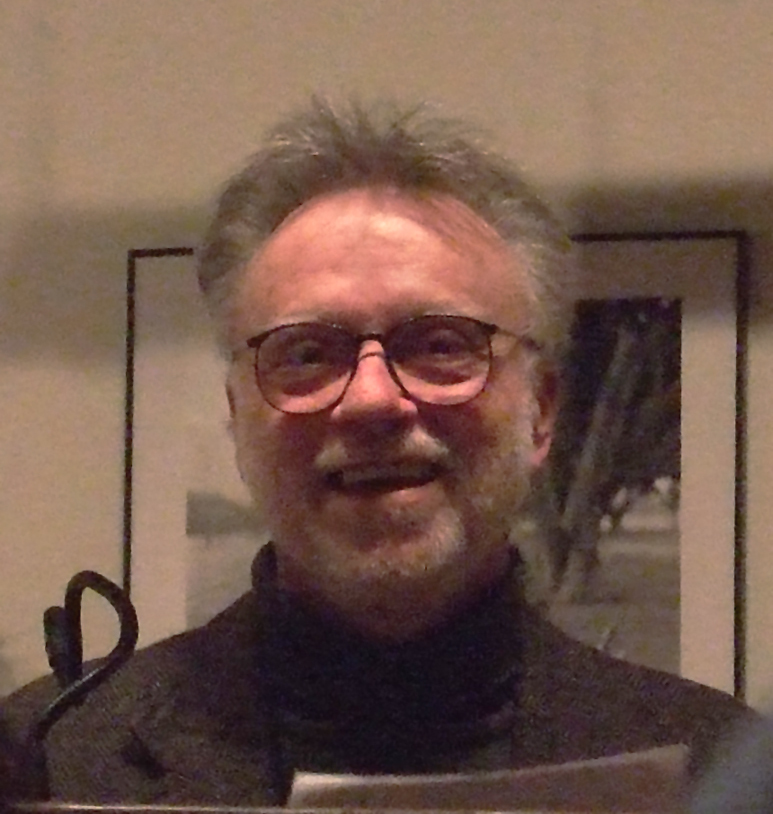 author
authorLouis-Ferdinand Céline
Louis Ferdinand Auguste Destouches, better known by the pen name Louis-Ferdinand Céline was a French novelist, polemicist, and physician. His first novel Journey to the End of the Night (1932), won the Prix Renaudot but divided critics due to the author's pessimistic depiction of the human condition and his writing style based on working-class speech. In subsequent novels such as Death on the Installment Plan (1936), Guignol's Band (1944), and Castle to Castle (1957), Céline further developed an innovative and distinctive literary style.
Maurice Nadeau wrote: "What Joyce did for the English language…what the surrealists attempted to do for the French language, Céline achieved effortlessly and on a vast scale." In 1937 Céline wrote a series of antisemitic polemical works in which he advocated a military alliance with Nazi Germany. He continued to espouse antisemitic views during the German occupation of France publicly. After the Allied landing in Normandy in 1944, he fled to Germany and then Denmark, where he lived in exile.
He was convicted of collaboration by a French court in 1951 but was pardoned by a military tribunal soon after. He returned to France, where he resumed his career as a doctor and author. Céline is widely considered to be one of the greatest French novelists of the twentieth century but remains a controversial figure in France due to his antisemitism and activities during the Second World War.
The only child of Fernand Destouches and Marguerite-Louise-Céline Guilloux, he was born Louis Ferdinand Auguste Destouches in 1894 at Courbevoie, just outside Paris in the Seine département (now Hauts-de-Seine). The family came originally from Normandy on his father's side and Brittany on his mother's side. His father was a middle manager in an insurance company, and his mother owned a boutique where she sold antique lace. In 1905, he was awarded his Certificat d'études, after which he worked as an apprentice and messenger boy in various trades.
Between 1908 and 1910, his parents sent him to Germany and England for a year in each country in order to acquire foreign languages for future employment. From when he left school until he was eighteen, Céline worked in various jobs, leaving or losing them after only short periods. He often found himself working for jewelers, first, at eleven, as an errand boy and later as a salesperson for a local goldsmith. Although he was no longer formally educated, he bought schoolbooks with the money he earned and studied by himself. It was around this time that Céline started to want to become a doctor.
In 1912, Céline volunteered for the French army (in what he described as an act of rebellion against his parents) and began a three-year enlistment in the 12th Cuirassier Regiment stationed in Rambouillet. At first, he was unhappy with military life and considered deserting. However, he adapted and eventually attained the rank of Sergeant. The beginning of the First World War brought an action to Céline's unit. On 25 October 1914, he volunteered to deliver a message when others were reluctant to do so because of heavy German fire.
Near Ypres, he was wounded in his right arm while attempting to deliver the message. (Although he was not wounded in the head, as he later claimed, he did suffer severe headaches and tinnitus for the rest of his life. For his bravery, he was awarded the médaille militaire in November and appeared one year later in the weekly l'Illustré National (November 1915). He later wrote that his wartime experience left him with "a profound disgust for all that is bellicose."
In March 1915, he was sent to London to work in the French passport office. He spent his nights visiting music halls and the haunts of the London underworld and claimed to have met Mata Hari. He later drew on his experiences in the city for his novel Guignol's Band (1944). In September, he was declared unfit for military duty and was discharged from the army. Before returning to France, he married Suzanne Nebout, a French dancer, but the marriage wasn't registered with the French Consulate, and they soon separated.
In 1916, Céline went to French-administered Cameroon as an employee of the Forestry Company of Sangha-Oubangui. He worked as an overseer on a plantation and a trading post and ran a pharmacy for the local inhabitants, procuring essential medical supplies from his parents in France. He left Africa in April 1917 due to ill health. His experiences in Africa left him with a distaste for colonialism and an increasing passion for medicine as a vocation.
Best author’s book



Written books
1



















